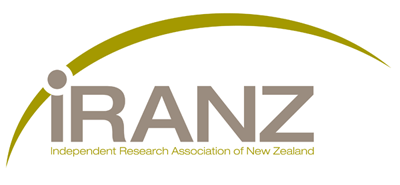Video and TV
Videos and tv appearances by New Zealand's Independent Research Organisations
Video and tv archives: 2024 | 2023 | 2022 | 2021 | 2020 | 2019 | 2018
Video and tv
Malaghan: A year In Focus
29 January 2025: As they kick off 2025, the Malaghan Institute recaps last year's stories, showcasing how their talented researchers are giving their all to tackle cancer, allergies, and infectious disease, paving the way for safer, more effective treatments that can change lives.
Malaghan: Fighting allergic skin disease at its root
13 December 2024: Dr Sotaro Ochiai's research is uncovering why and how atopic dermatitis develops on a cellular level. He aims to identify therapeutic targets which may be able to dampen the overactive immune cells present in the skin of those affected..
2024 Rutherford Medal: Professor Richard Beasley
28 November 2024: Professor Richard Beasley CNZM FRSNZ has been awarded the Rutherford Medal for preeminent research by Royal Society Te Apārangi for revolutionising the treatment of asthma worldwide.
